In order to expand undergraduate students' global perspective, broaden their thinking modes, and promote the globalization and overseas exchanges of the School of Public Affairs, from July 1 to 5, 2024, 29 undergraduate students from the SPA visited the Chinese University of Hong Kong to participate in a public governance course project. This visiting program was organized by CUHK, aiming to provide students with an in-depth understanding of Hong Kong's administrative management system, civil service system, social governance, and legislative framework. The project was led by Lu Shenghua, a researcher from the Department of Land Management, and Zhang Shilei, deputy director of the Undergraduate Teaching Management Office.
On the morning of July 2, students arrived at CUHK and began their academic visit. The visiting group first took a preliminary tour of the campus, exploring from the Lake Ad Excellentiam to the Lion Pavilion, and fromYasumoto International Academic Parkto Pommerenke Student Centre, giving the students an initial understanding of the campus of CUHK.
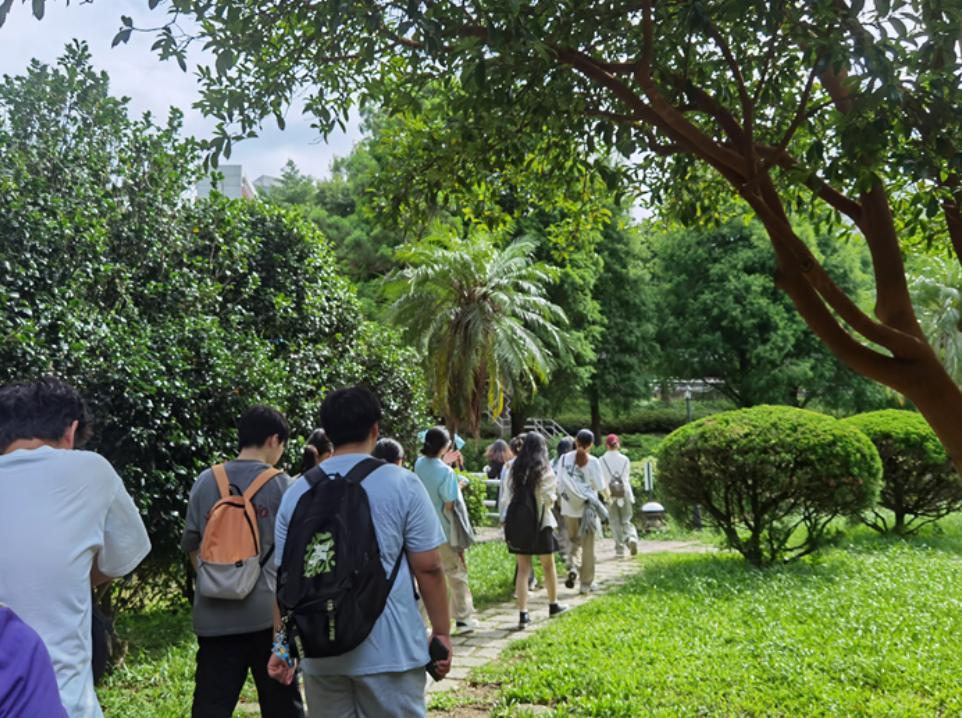
Subsequently, the students arrived at WMY Learning Commons to begin their formal classroom learning. The first class was taught by Professor LiJiaqiaofrom the School of Governance and Policy Science at CUHK, with the course theme being “Hong Kong's Governance System: The Administrative Framework of the Hong Kong Government.” The course was divided into three modules: “Governing Institutions at the Central Level,” “The Administrative Framework of the Hong Kong Government,” and “The Accountability System of Principal Officials in Hong Kong.” Professor Li provided a detailed introduction to Hong Kong’s administrative structure, the system of Administrative Officers within the civil service, as well as the origins, development, and optimization of the accountability system for principal officials in Hong Kong.
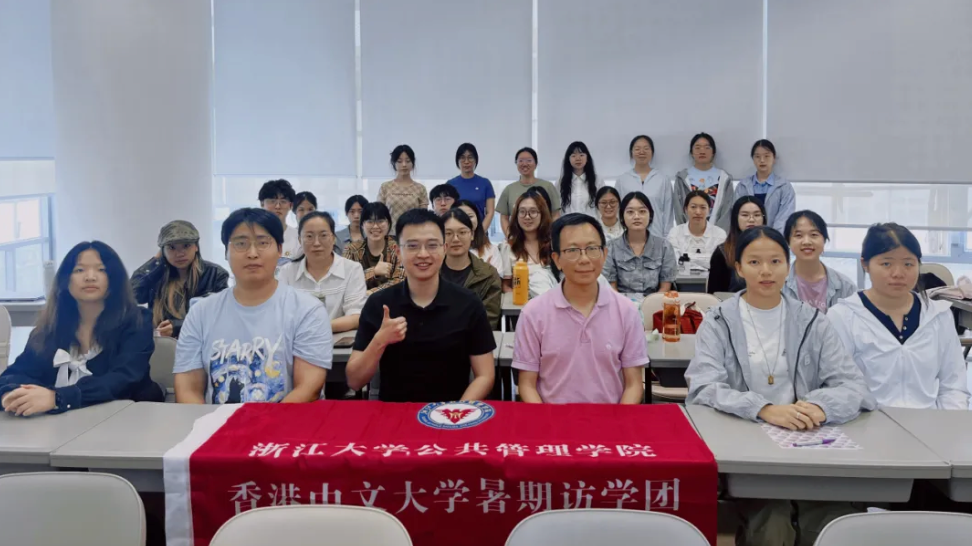
On the second day of the academic visit, the students began their course on "The Civil Service Management System in Hong Kong." Professor Cao Jingjun from the School of Governance and Policy Science at CUHKprovided a vivid explanation of Hong Kong's civil service system and governance, covering topics such as entry requirements for civil servants, salary structure, management of job categories, and management of the civil service workforce (including performance management and training and development management). Professor Cao also utilized the Hong Kong Civil Service Bureau's website to give the students a more intuitive understanding of the civil service system in Hong Kong.
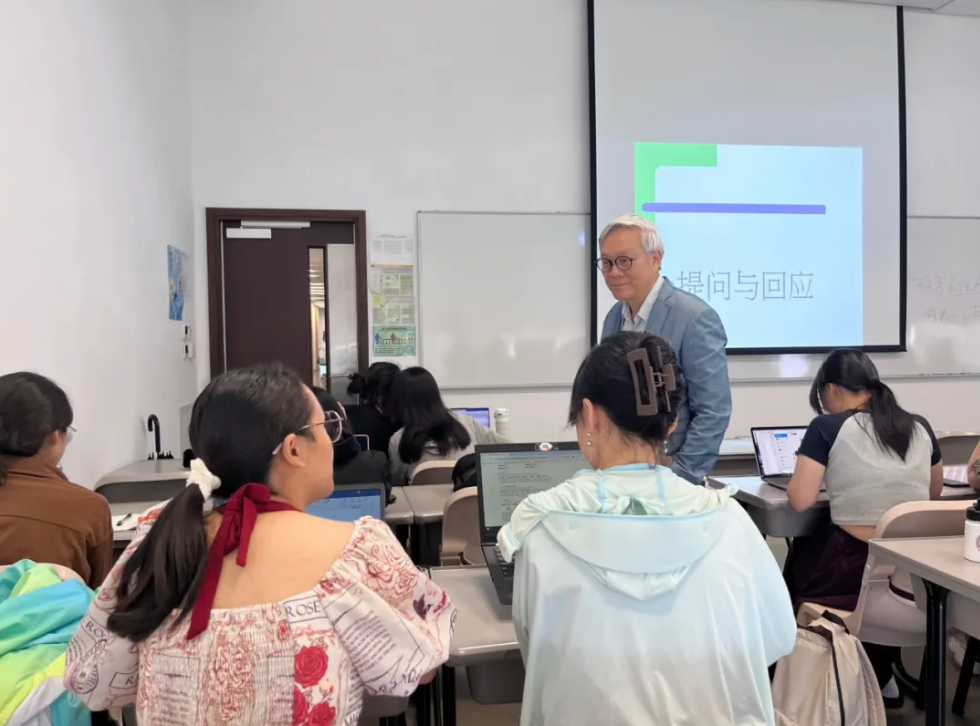
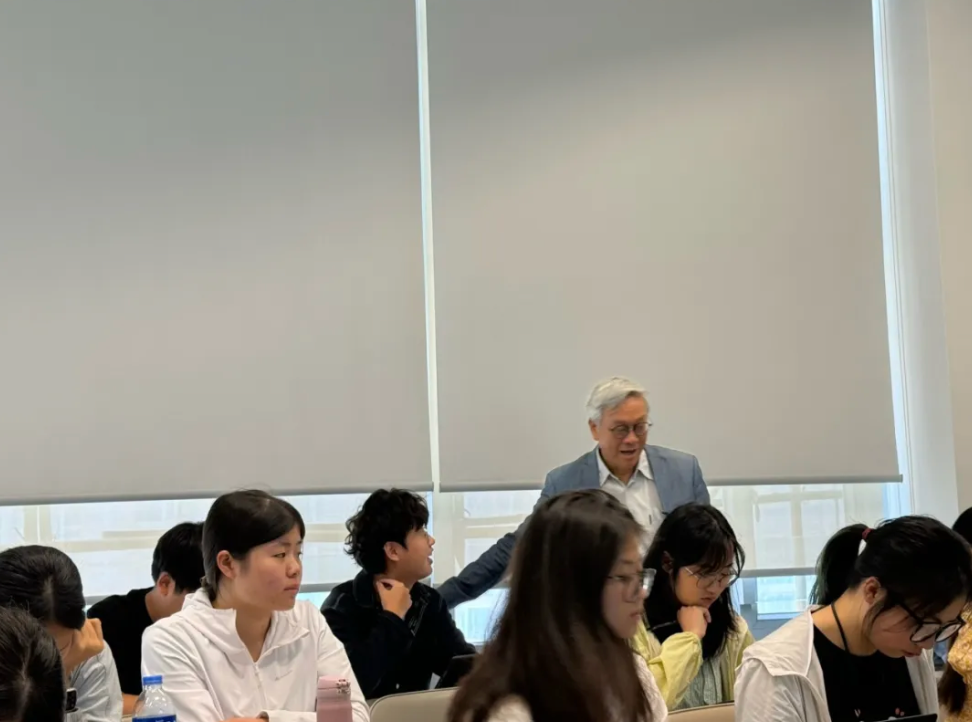
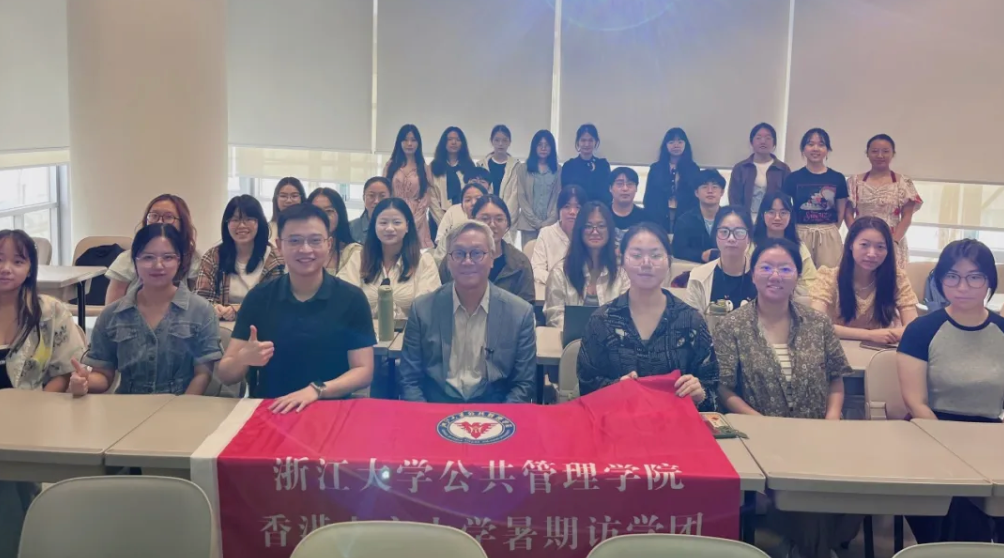
On the last day of the academic visit, the visiting group visited the Hong Kong Police Museum. During the visit, students learned about the development history of the Hong Kong Police Force through various exhibits and detailed explanations, experiencing the culture of the Hong Kong Police Force up close. The Police Museum serves as a microcosm of Hong Kong's history, reflecting all the reforms, milestones, and honors of the police force, which are intertwined with the political, economic, and social changes in Hong Kong.
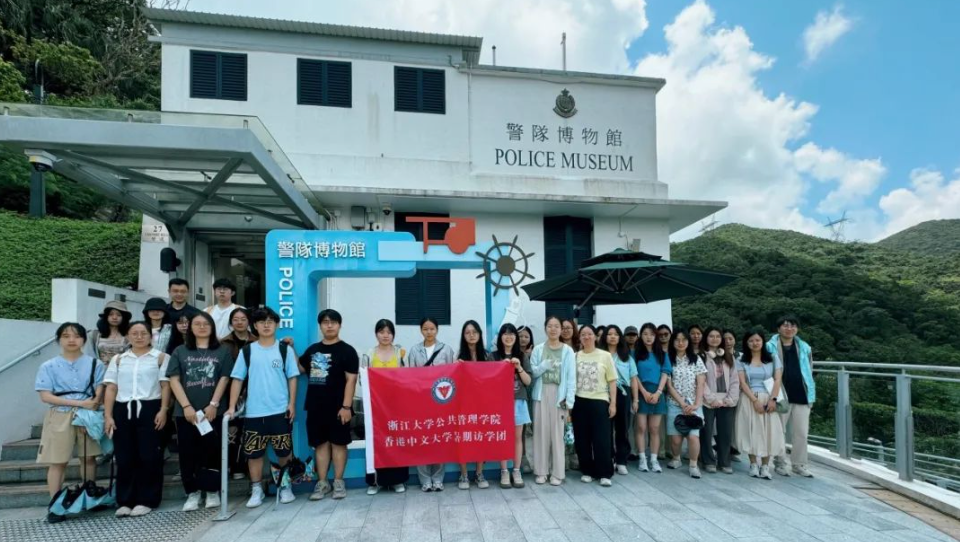
In the afternoon of that day, the students visited the Legislative Council of the Hong Kong Special Administrative Region located in Admiralty on Hong Kong Island. Staff members introduced the students to the composition, roles, and functions of the Legislative Council. The students also observed an ongoing session, experiencing firsthand how the Legislative Council of Hong Kong operates. Through this visit, the students gained a deeper understanding of the Legislative Council and realized its significant role in promoting social progress and safeguarding the rights of citizens.
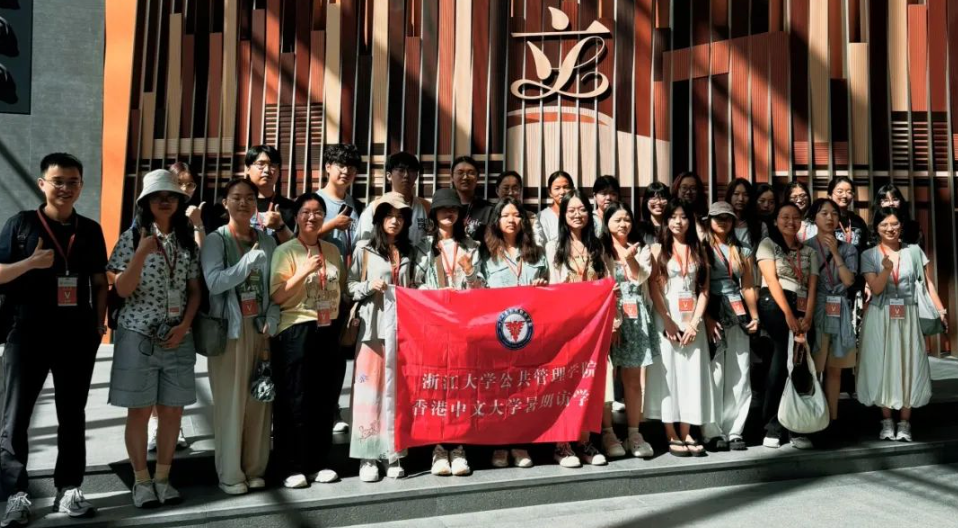
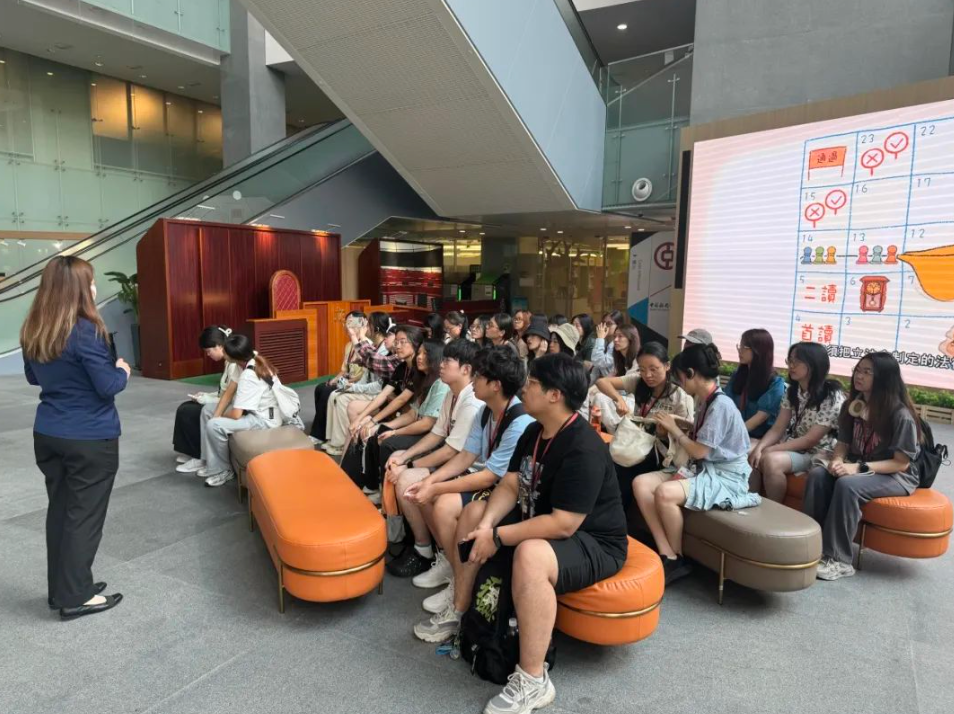
Through this public governance course project, the visiting group gained a deeper understanding of Hong Kong's administrative system and civil service system. Additionally, by visiting the Hong Kong Police Museum and the Legislative Council, they developed a more intuitive grasp of Hong Kong's social governance and legislative system. Students expressed that in just a few days of academic visit, they gained a deeper understanding of Hong Kong's society, politics, and culture, and they have clearer plans for their future development. Filled with new knowledge, perspectives, and reflections, the students will continue their academic journey with renewed vigor.


